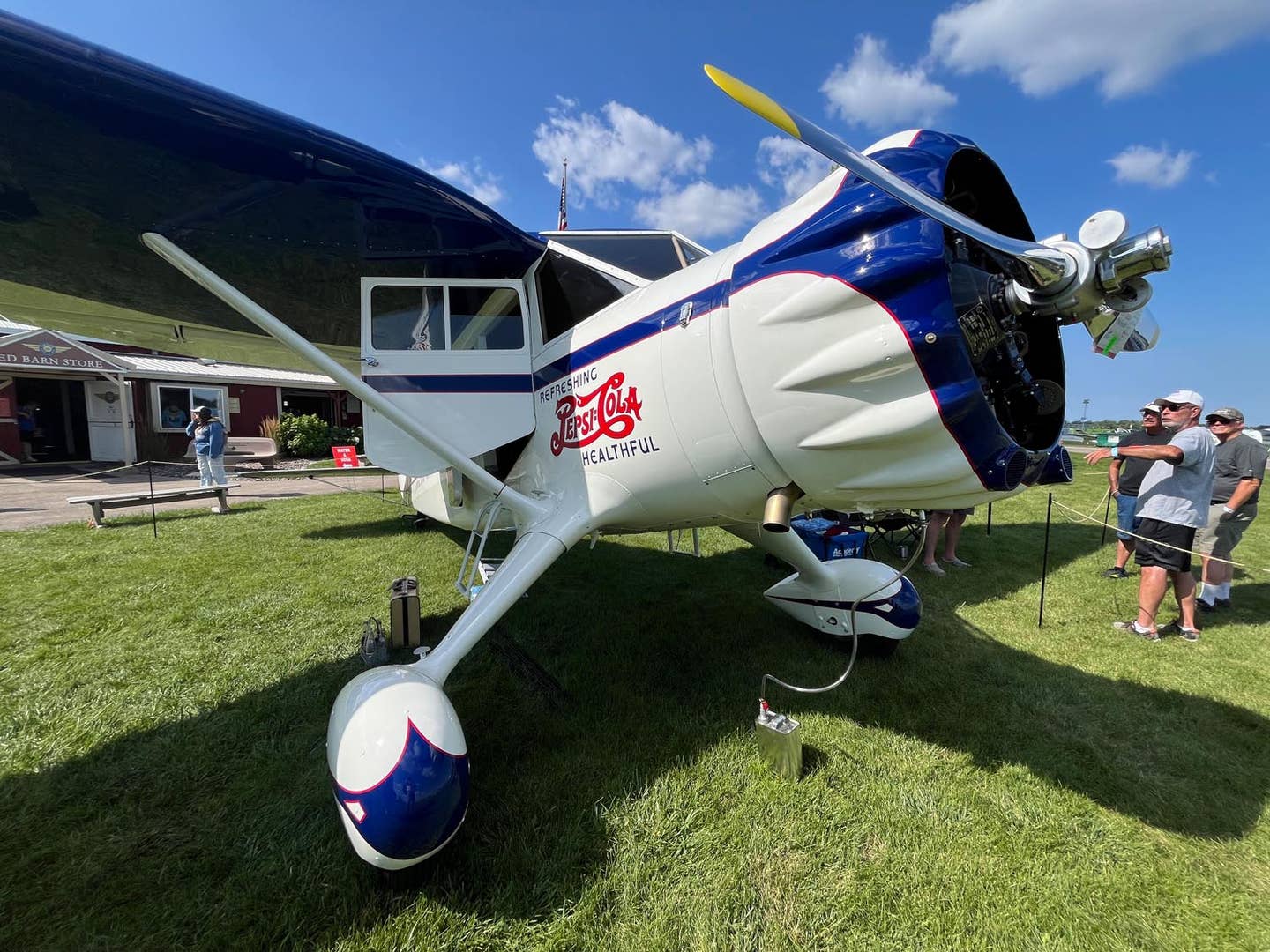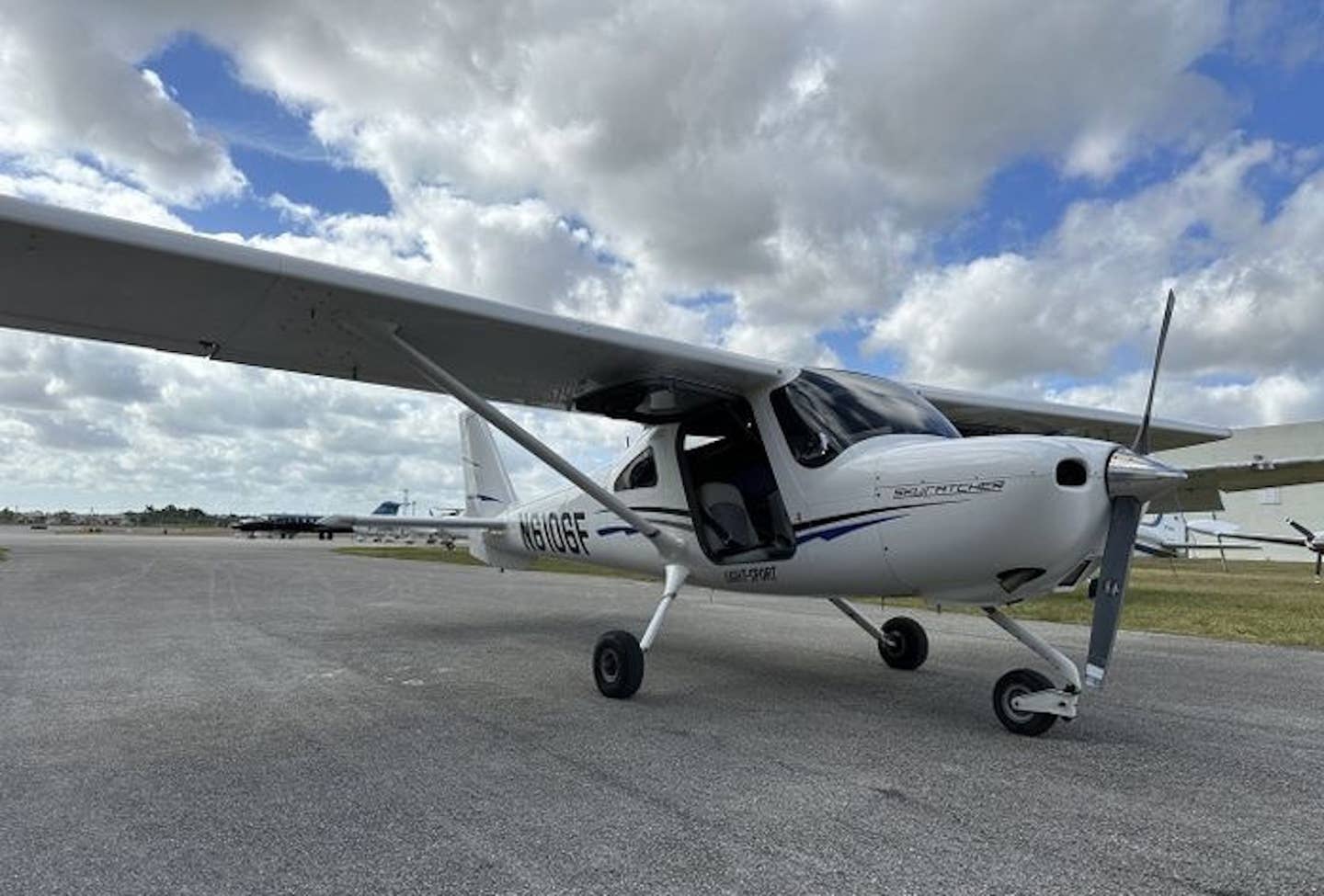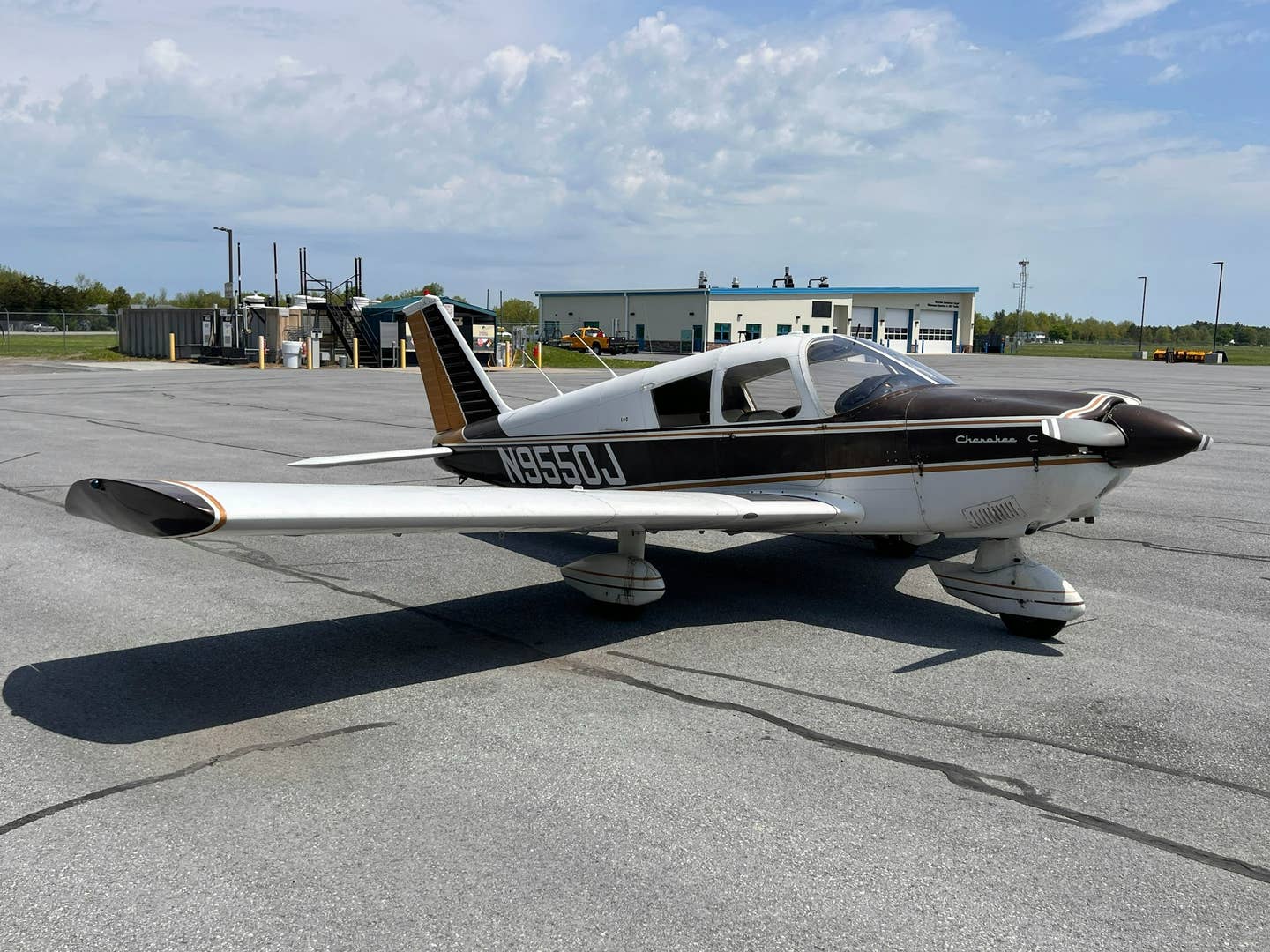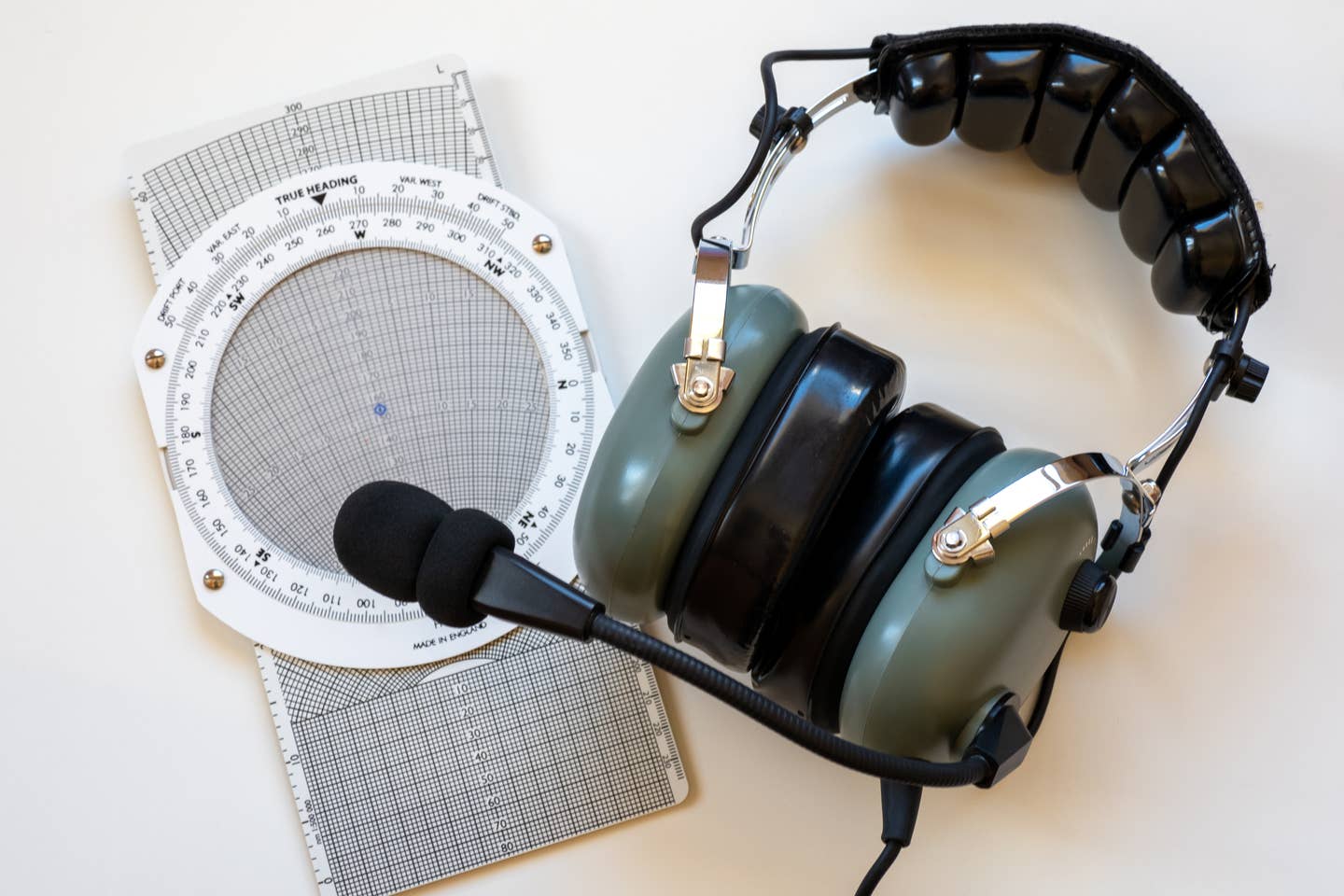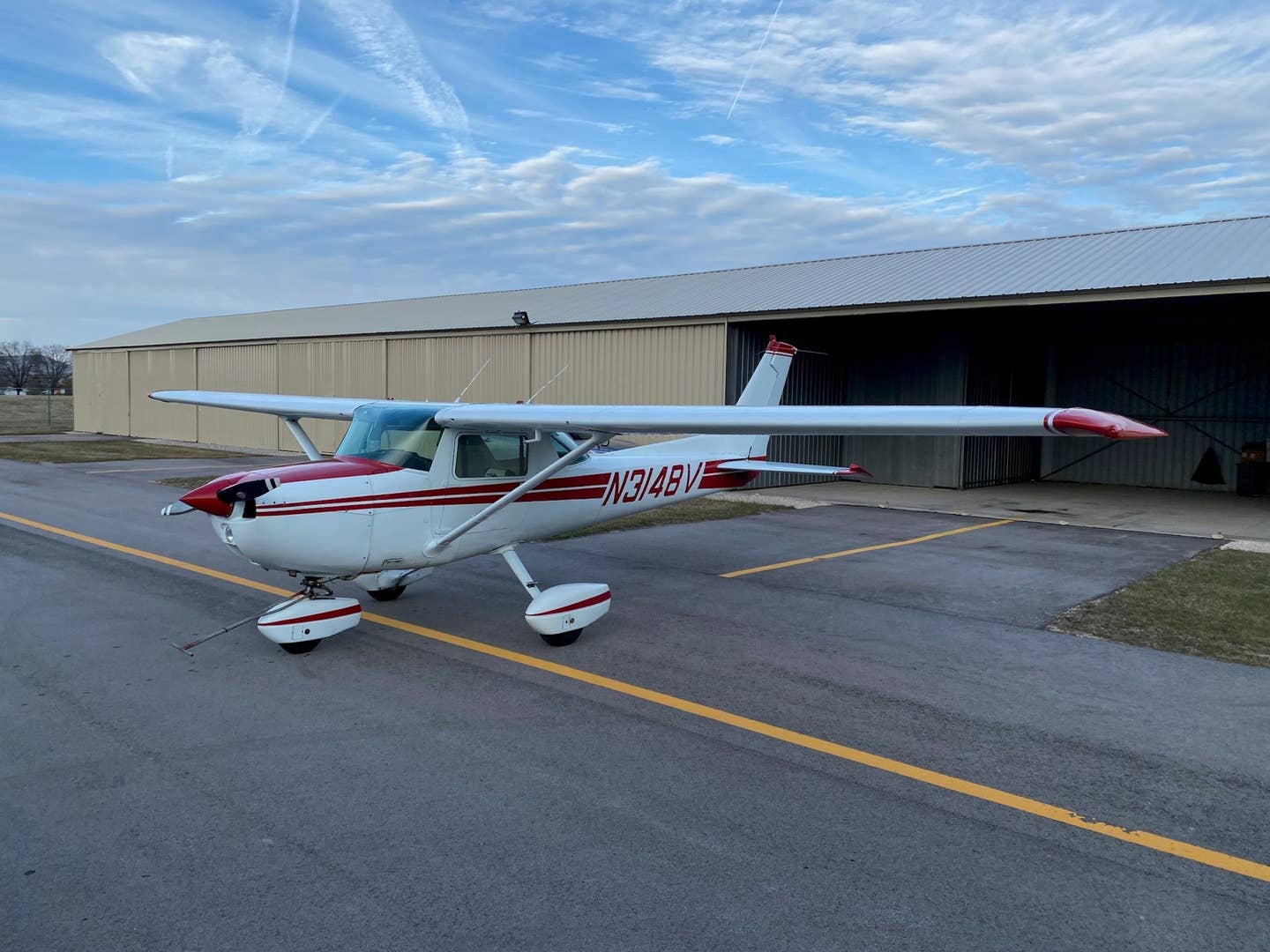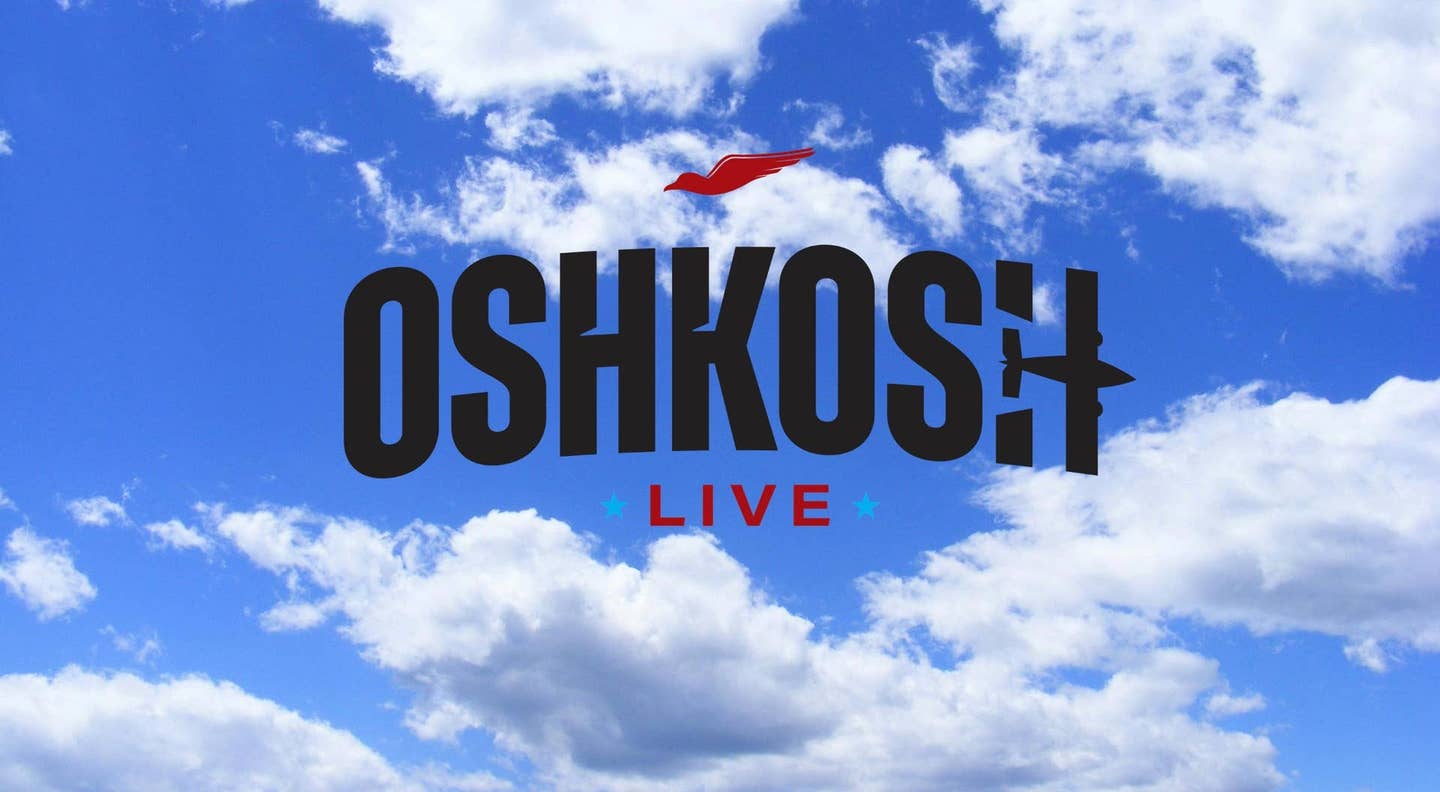The Early Bird Gets the Jenny
Editor’s Note: This article first appeared on ByDanJohnson.com. Think about this. If you land your Timber Tiger Jenny at any general aviation airport and taxi up to the ramp, you…
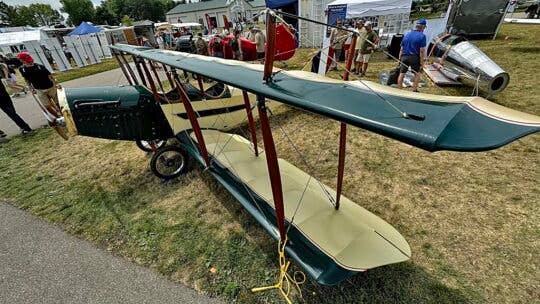
The “Generation 2” Jenny by Timber Tiger Aircraft, [Credit: Dan Johnson]
Editor's Note: This article first appeared on ByDanJohnson.com.
Think about this. If you land your Timber Tiger Jenny at any general aviation airport and taxi up to the ramp, you might have trouble getting out of the cockpit for all the admirers that will assemble around you.
Take a close look at this example built by John Youngblut. You are quickly charmed by fond images of an earlier period in aviation. Then you look deeper, noticing its shaped wood struts, leather trim, and classic analog gauges. This draws you in further and I watched people get closer and closer as they examined the details.
All that leaves out how well it flies, which developer Nick Pfannenstiel reported was the number one appeal of the airplane. So after enjoying an easy, relaxing flight in your Jenny, you land to be swarmed by people who believe they’ve just witnessed a piece of history fly into their lives.
Jenny began life as a Curtiss, was recreated in scaled down form by Early Bird Aircraft (Gen 1) and kits are now manufactured by Timber Tiger Aircraft, which has reimagined again in slightly larger scale, better fitting modern Americans.
Gen 2 Jenny
If you love vintage aircraft, you may already know Jenny’s rich history. With the model designations beginning with JN, the aircraft became affectionately known as a “Jenny” by Army Air Corps pilots who flew them in World War I. Introduced in 1915, Jennys were retired in 1927 after 6,813 were built.
“Thousands of surplus Jennys were sold at bargain prices to private owners in the years after WWI and became central to the barnstorming era that helped awaken the U.S. to civil aviation through much of the 1920,” according to Wikipedia.
“It was the first airplane many people ever saw,” said Timber Tiger Aircraft.
Owning an original would take a substantial investment, far out of most budgets. Yet Timber Tiger’s updated and improved Jenny — one that faithfully reproduces an original in slightly smaller form, therefore requiring less engine — is far more affordable.
“Generation 1” Jenny at two-thirds scale. The “Generation 2” Jenny by Timber Tiger Aircraft is a three-quarters scale featuring “improved hardware, improved documentation, more accurate replica looks, more advanced kit preparation, and reinforcements in key areas,” Pfannenstiel explained.
A few years back, Timber Tiger made a splash with its entry of a 95 percent-scale Ryan ST, an iconic aircraft of that postwar golden age of aviation. In brilliant polished aluminum, this replica of the much-revered Ryan ST was a hit with AirVenture visitors in 2018.
Hits Keep Coming
Pfannenstiel has been busy since, creating not only the Jenny in this article but he has gone well down the path on Kay’s Speedster.
Jenny is offered in a variety of kits. Start with a basic kit (for experienced builders) for $6,900. A group of extra kits can be bought separately: quick-build wing kits, a snazzy louvered engine cowl kit, and several others. All that’s lacking is an engine, prop, instruments (and perhaps an electrical system), tires and tubes, plus covering and paint.
Pfannenstiel said that for most buyers and certainly first-time builders, the complete kit involving some quick-build assemblies is the wisest choice that will ultimately save them money while greatly easing (and making more accurate) the build effort.
Here is another entry that qualifies as affordable (though that means something different for each person reading). “Estimated average cost to build to completion is $25,000 to $45,000,” Pfannenstiel said at AirVenture Oshkosh 2023. Here’s how that breaks out.
Starting with a base kit for $6,900 plus engine — likely used/rebuilt — plus some hardware components supplied by the owner (“nothing particularly hard to obtain”), Pfannenstiel indicated an experienced builder could get airborne for $25,000.
Contrarily, a first-time builder “should take the option for extra work by the factory for $22,000,” Pfannenstiel said. With such a “deluxe kit” and engine, a buyer should be able to get airborne for $45,000. A first-timer can expect to put in about 500 hours assembling the kit. That a Jenny can be assembled this quickly is a compliment to Pfannenstiel for making the process more accessible to beginners.
Given that a Gen 2 Jenny look this authentic and nostalgic, those prices represent a bargain in 2023. If interested, contact Pfannenstiel by email or through the Timber Tiger Aircraft website.
Technical Specifications
- Wing Span: 30 feet
- Length: 20.5 feet
- Empty Weight: 600-700 pounds
- Gross Weight: 1,200 pounds
- Cruise Speed: 70 miles per hour
- Stall Speed: 35 miles per hour
- Climb Rate: up to 1,000 feet per minute
- Powerplant: Rotax 582, Rotax 912, Honda, Geo Metro/Suzuki, and others
- Recommended Power: 75 horsepower is recommended, unless built lightly
Further Points of Interest:
- Dual controls
- Optional front side door
- Capable of accommodating a ballistic emergency airframe parachute
- Low build time, the lowest of Timber Tiger’s models
- Approximately 100 Gen 1 (Early Bird Aircraft) Jennys flying worldwide; “many more are in progress,” said Timber Tiger
- Highest time Early Bird Jenny has more than 700 hours logged
- All kits come with full documentation
- Plans provided on 22 x 34 inch sheets
- Factory support and build-center assistance
- Designed to replicate Curtiss JN-4C, JN-4D, JN-4H
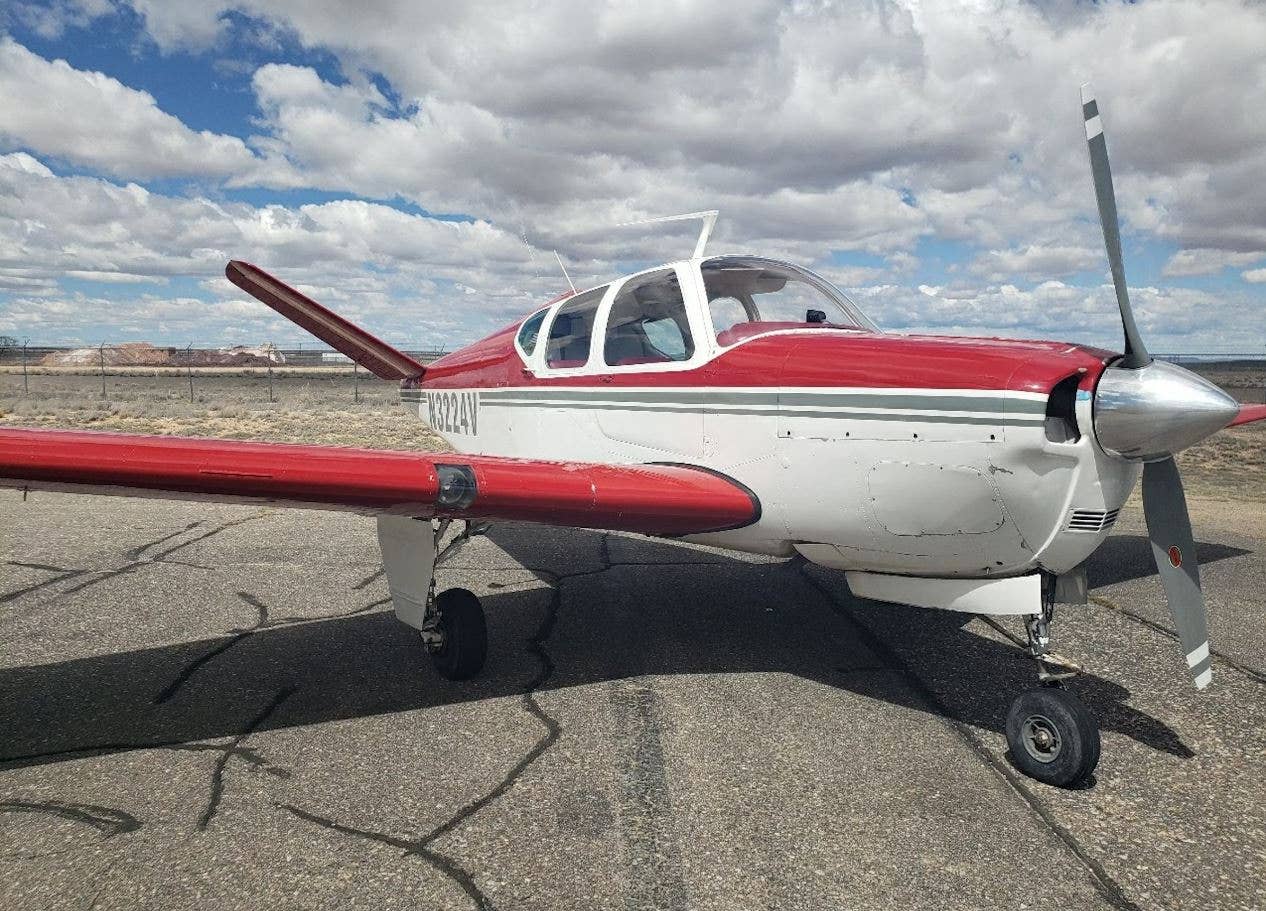
Subscribe to Our Newsletter
Get the latest Plane & Pilot Magazine stories delivered directly to your inbox

